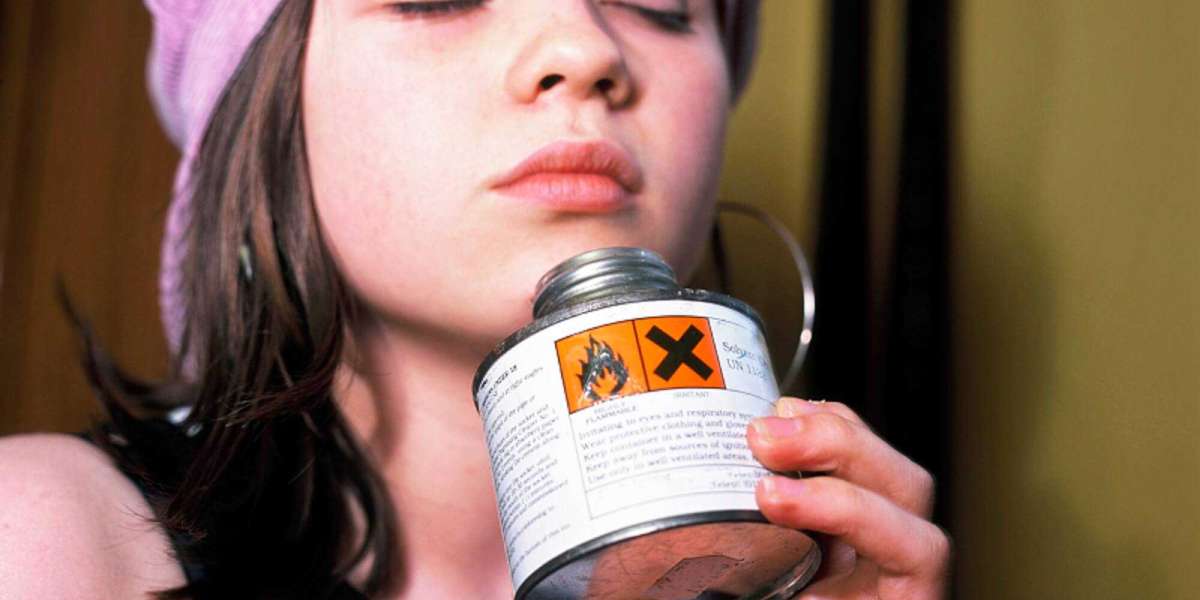Inhalant addiction is a serious illness that can cause many serious problems for individuals. Fortunately, there are several treatment options available. These include medications, rehabilitation, and counseling. It is also important to understand the long-term effects and symptoms of inhalant addiction.
Symptoms
Inhalant addiction occurs when a person becomes emotionally and physically dependent on a substance. It may lead to withdrawal symptoms when the person stops using the drug. If you or someone you know is addicted to inhalants, seek professional help.
Inhalant abuse is not as well-known as cocaine or opioids, but it is a serious problem. The effects of inhalant use can be permanent and even fatal.
Teenagers and younger children are at risk for inhalant abuse. Some common indicators are slurred speech, drowsiness, dizziness, lightheadedness, poor coordination and impaired thinking. Others can be more subtle, such as a chemical smell on your clothing or paint stains on your face.
Inhalant abuse is typically found among adolescents, but it can also occur in older adults. According to a survey of 12th-grade students, 2.9% used inhalants during the previous year.
Those with a history of substance abuse are at higher risk of inhalant abuse. Genetics and unresolved trauma are other factors that increase the risk of addiction.
Long-term effects
The long-term effects of inhalant addiction can be devastating. They include physical injuries, psychological disorders, and even death. If you think someone you love might have a problem, contact professional help.
Inhalants are a class of drugs that are inhaled into the lungs. They contain chemicals that disrupt messages sent to the brain, producing a drowsy effect. These chemicals can also cause hallucinations.
The symptoms of inhalant abuse can be hard to detect. Users of inhalants can experience changes in their self-image, relationships, and hobbies. They may be unable to speak or control fine motor movements.
Inhalants are often purchased legally at any age, and are relatively cheap. However, they are highly addictive. Using inhalants can cause a number of health problems, including cardiac toxicity, lung damage, and anoxic brain damage.
When people use inhalants, they often try to maintain the high they have achieved by repeatedly taking the substance. This can lead to tolerance, which increases the amount of inhalant needed for the desired effect.
Treatment options
If you or a loved one are experiencing the symptoms of inhalant abuse, there are various treatment options to help you. These may include inpatient rehabilitation, outpatient treatment, or individual therapy.
Inhalants are a group of chemicals that are inhaled. Although they are legal household items, they have the potential to cause serious health complications if misused.
Inhalant use can result in physical and psychological addiction, as well as a variety of side effects. The use of inhalants can also cause permanent damage to the brain. It is important to seek professional help to overcome this addiction, as withdrawal can be emotionally and physically exhausting.
Treatment options can vary based on your needs and budget. Generally, inpatient programs are the most expensive. However, they are the best option for people with a long history of inhalant abuse.
An inhalant addiction is a chronic illness, meaning you will need to stay in a recovery program to prevent relapse. Therapy can help you get to the bottom of why you are addicted. You will learn new methods for dealing with life stressors and cravings.
Preventing relapse
Inhalant addiction is a common problem, particularly among younger children and adolescents. It may begin as a social pressure to use. Eventually, it can lead to self-harm, withdrawal, and psychological dependence.
If you or a loved one is struggling with an inhalant addiction, it is important to know how to prevent a relapse. There are a variety of prevention techniques that can help you stay clean.
Identifying and avoiding triggers is the first step to preventing a relapse. The most basic principle is to avoid those things that are likely to make you want to use inhalants again. You can also try new activities to keep yourself busy.
A common relapse trigger is stress. Stress management, meditation, and sleep can help you deal with stress. Also, if you have a positive support network, you'll be less likely to feel isolated.
One way to maintain a clean and sober life after treatment is to participate in a 12-step fellowship. These support groups can offer education and accountability.







